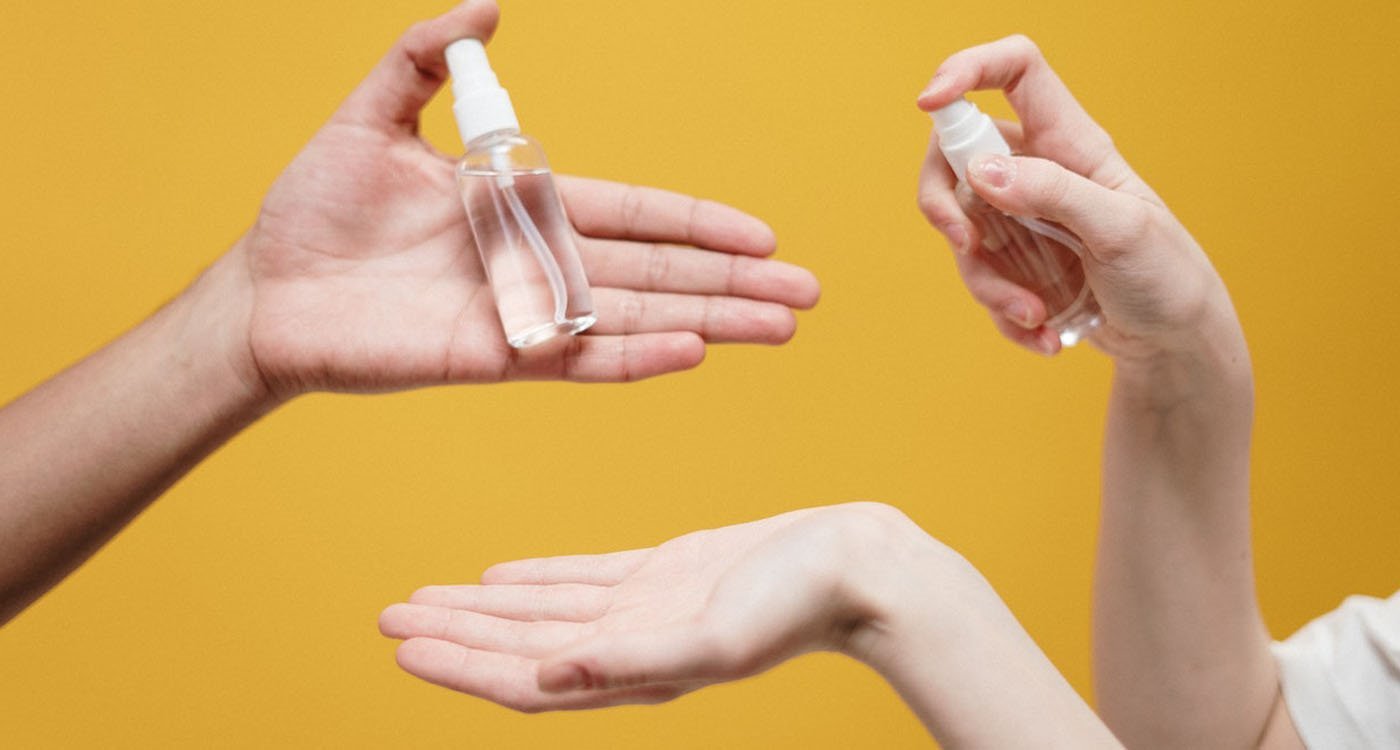When flu wreaks havoc on people’s lives even to the point of death, they usually don’t realize the main culprit may just be the things they use every day – their hands.
Experts agree that diseases, bacteria and viruses are spread by incorrect handwashing or not washing hands at all. The problem is compounded by the activities we do every day. We deal with other people every day. We shake hands with them for greeting, so we are all very prone to get a lot of diseases.
So, when should we wash our hands and what is the purpose for handwashing? And when should we sanitize them?
WHAT IS HAND CLEANING AND HAND SANITIZING?
The difference boils down to the purpose of doing either of these activities. One, handwashing, is done for the purpose of cleaning – yet, many people are led to believe that they are killing germs with handwashing. The germ-killing action is actually the job of hand sanitizers, because they are designed to do exactly that – to destroy and kill bacteria.
Handwashing, with soap and water, only cleans the hands (or other parts of the body) by washing off grimes, dirt or oil from their crevices and surfaces where microorganisms stick. After cleaning your hands, that is when you use a sanitizing product.
We use products for sanitizing because we are not sure if washing has gotten rid of bacteria and viruses 100% off our hands, and we also sanitize our hands after touching surfaces or even our body even if they are not that dirty to warrant handwashing.
And people also have the habit of sanitizing in the absence of water or when they are not at home.
With hand sanitizing, as we said, we are killing microorganisms, and the way it does this is by allowing alcohol molecules to attach to the cell membranes of microbes. When that step is successfully achieved, the membranes get ruptured and the broken wall of defence exposes the insides of the cells to even more alcohol molecules. Alcohol molecules then invade the interior of the cells, attach to the proteins inside, break the hydrogen bonds there, and ultimately kill the organism.
Thus, the next time you put sanitizer on your hands, that’s actually what will happen in the molecular level that your naked eyes don’t see, but you know that you’re just doing something right not only to protect yourself but also to keep others from being infected.
SHOULD YOU SANITIZE YOUR HANDS EVERY TIME POSSIBLE?
Of course, not. You do it only when necessary.
One, when water and soap are not immediately available, and two, when you suspect you’ve picked up some germs from surfaces after carrying out some activities, such as using the toilet, caring for the sick, changing diapers, and so on.




